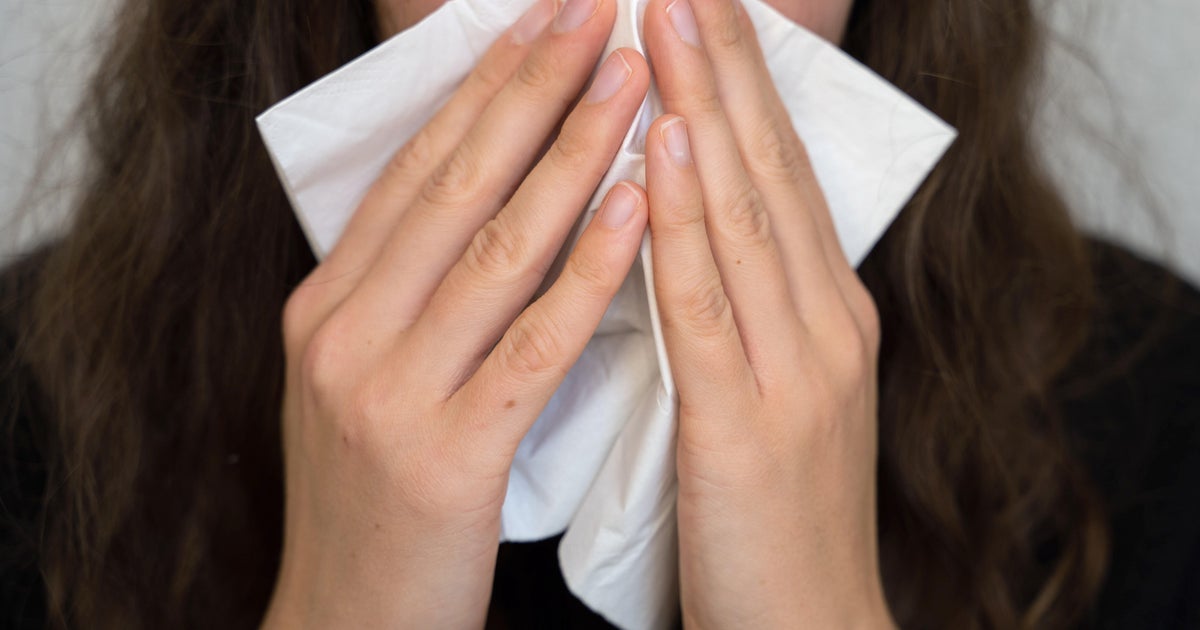A New Vaccine To Prevent Shingles
(CBS4) -The CDC has recommended the use of a new vaccine in adults 50 and older to prevent shingles.
Shingles is a rash that shows up when the chickenpox virus you had at a younger age reactivates within your body and comes to life with a burning skin eruption that last days, weeks, even months or years in some people.
Although you can get shingles at any age, it typically affects older people as their immune systems weaken and get stressed (and therefore can't keep the previously quiet chickenpox germ within your body at bay).
And the pain isn't a pop-a-Tylenol deal for mainly people. It HURTS. And the biggest problem we have is when that severe pain lasts even then the rash itself is long gone. That's a phenomenon known as post-herpetic neuralgia, if you've ever known someone with this chronically painful disorder.
We've actually had a vaccine to prevent shingles, Zostavax, for some time now. Unfortunately, it hasn't worked as well as we would have liked.
For people between the ages of 60-69, it has been only 64% effective. Ages 70-79, 41% effective. And for those above age 80, 18% effective. That's not necessarily a sterling protection record.
The new vaccine, called Shingrix, is supposed to work a little better. Studies show an effectiveness of 97% for the 60-69 age group; 91% for the 70-79 group, and 91% for the 80 and older group. And those older age group numbers are important because that's the group most likely to develop the debilitating post-herpetic neuralgia.
The new vaccine also comes with a different age group for prevention -- age 50 rather than age 60, which is the recommendation for Zostavax.
Once caveat: the new vaccine require two injections instead of one. And side effects such as pain and body aches may be greater.
The new vaccine is expected to be available early next year. The cost has not yet been announced.
It's one you should talk to your doctor about. It may even be recommended even if you've already gotten Zostavax.
Dr. Dave Hnida is CBS4's Medical Editor. He blogs about the latest studies and trends in the health world. Read his latest blog entries, check out his bio or follow him on Twitter @drdavehnida







